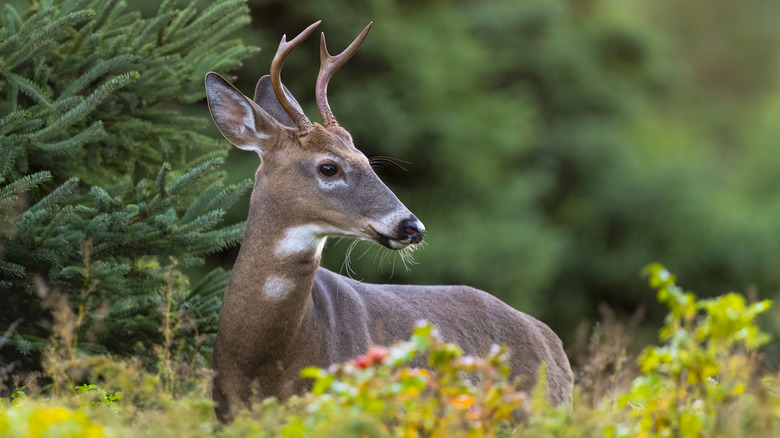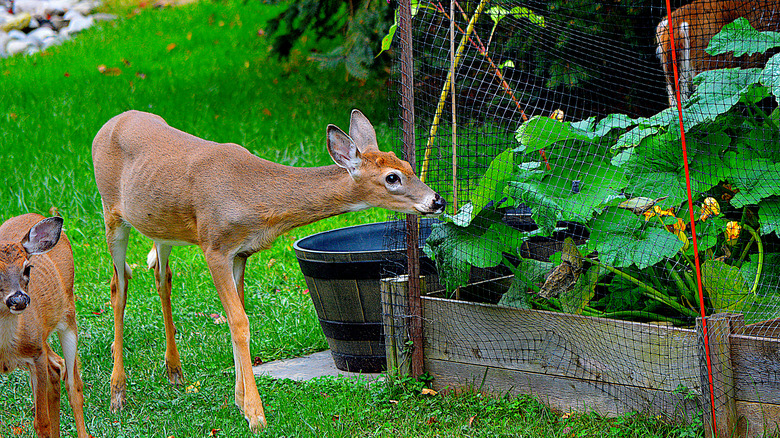The Whitetail Deer Population In Louisiana Is Exploding - What Does It Mean For Gardeners?
If you've noticed more whitetail deer roaming around your Louisiana home, you're not alone. The whitetail deer population is estimated to have increased to upwards of 1,000,000 in the past twenty years, spanning all 64 parishes of Louisiana. This boom in population is thanks to Louisiana Wildlife & Fisheries' restocking program, started in the early 1950s. This is great news for hunters as they gear up for the 2025-2026 deer hunting season. But what does it mean for gardeners?
While deer are vital to their natural ecosystems, they can be a detriment to your garden and landscaping. Deer are indiscriminate eaters, feeding on flowers, fruits, vegetables, and even woody plants during fall and winter. These plants provide an easy source of nutrients. While tracks and droppings are obvious signs, jagged tears on foliage and missing flowers also indicate deer have visited your garden. Fortunately, there are several natural methods to repel deer from your yard and garden.
The best ways to deer-proof your garden
The most effective method for keeping out deer is fencing. Adult deer can jump up to 8 feet in the air, so your fence should be a minimum of 8 feet tall. Of course, a fence of this size is expensive, impractical, and oftentimes unattractive. Before you install a fence, there are simpler methods you can try.
A practical solution is to fill your garden with deer-resistant plants. While deer will eat anything if they're hungry enough, several flowers, shrubs, and ornamental grasses are hardy in Louisiana (USDA Hardiness Zones 8 and 9) and generally left alone by deer. Plants that not only thrive in this region, but also attract pollinators, include: lantana (Lantana camara), lamb's ear (Stachys byzantina), yarrow (Achillea millefolium), and fountain grass (Pennisetum alopecuroides) — all of which have a distinct bitterness or texture that deer have an aversion to.
Deer repellents are also a solution. Taste repellents are applied directly to your plants and aim to make them taste unappealing to deer. They can be purchased or made at home with ingredients like hot sauce. Area repellents are applied around the perimeter of your garden and aim to deter deer with offensive odors. These can also be purchased or made with ingredients like rotten eggs and cat litter. One caveat: deer repellents must be reapplied frequently to maintain effectiveness, especially after rain.
You can even use netting to protect your garden, but it is prone to damage by the deer and can be harmful to smaller animals.

